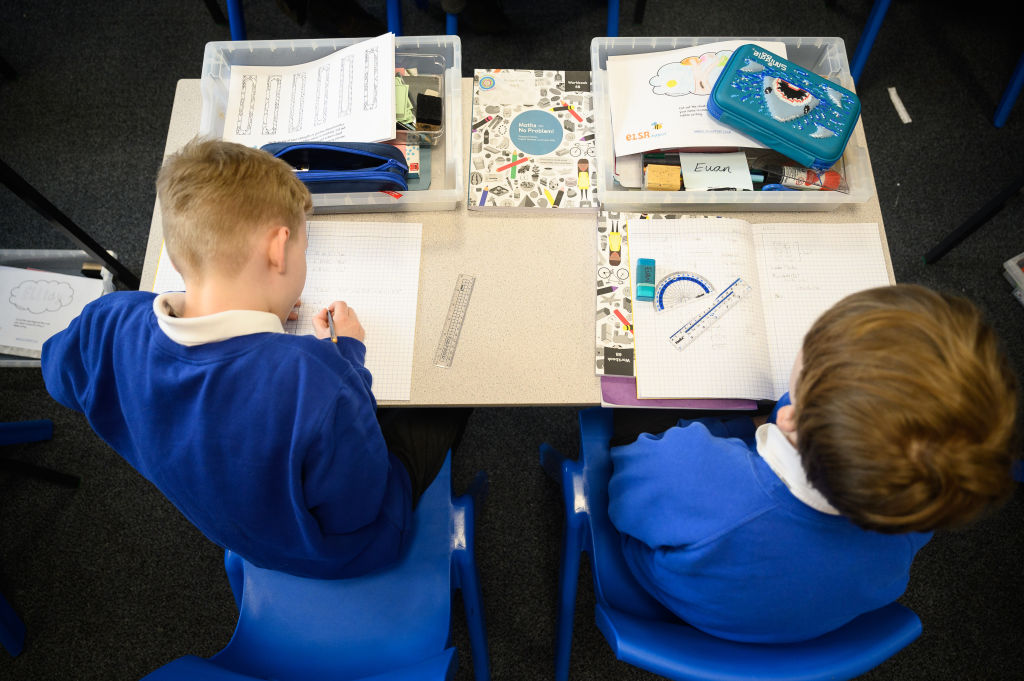Britain’s abysmal numerical abilities are no laughing matter if we want a strong future

Britons pass off being bad at maths as a joke, but our lack of numerical skills are a serious challenge for our workforce and our future economy, writes Nicholas Lyons
In the UK today, over half of working-age adults have the numeracy level expected of a primary school child. As a nation, we’re unfazed – or even amused – when people pronounce themselves “terrible at maths” or “hopeless with money”.
But it’s no laughing matter. Because, at the same time, a quarter of UK adults have less than £100 in savings, and half of people don’t feel confident managing their money day-to-day.
Poor financial capability is just one of the issues facing the one in four adults with “low financial resilience”.
Across the country, vulnerable people are finding themselves shut out from mainstream financial services – like credit cards – that could help them weather the storm.
The “poverty premium” means that, when the fridge breaks down, they have to turn to a rent-to-own company and pay twice the retail price.
Numeracy, financial literacy and inclusion are the building blocks for a fairer society. They help people make sense of their money, plan for the future, manage shocks, and get on in life.
The cost-of-living crisis – which has left one in two struggling to keep up with their bills – has deepened the problem, and provides fresh impetus for us to act.
So, tonight at Guildhall, I’ll give the Lord Mayor’s annual Gresham College lecture on the role for financial services in boosting financial literacy and inclusion. I’ll be joined by Andy Haldane, the vice chair of National Numeracy, Sacha Romanovitch, chief executive of Fair4All Finance, and Patrick Jenkins from the Financial Times’ financial inclusion campaign.
There are various factors at play which demand that we go further and faster. Poor numeracy is holding people back from progressing in their careers. This often disproportionally affects women and people from low-income areas, deepening existing inequalities in the UK.
And without adequate financial education to protect them an increasing number of children are finding themselves the victims of financial exploitation. We’ve seen story after story of young people – not the older Britons we typically think of – falling prey to scams playing to their demographic and financial weaknesses.
The City is home to some brilliant mathematical and economic minds, and we have a duty to promote the numerical skills which have enabled us to succeed. Problems often start at school, but carry over well into adult life with many thinking they are simply too old to get good at maths, or have no real reason to do so.
On top of this, the Square Mile should use its unique convening power to unite all the different groups operating in this space and come up with a plan for next steps.
Later this month, I will bring academics, charities, businesses, regulators and politicians together for a summit on financial literacy at Mansion House. The summit seeks to publicise the wealth of activity happening across these groups – in areas like fintech and banking, and action from government.
We need to establish what “best practice” looks like by identifying where there are gaps or weaknesses, and, most importantly, chart a way forward. A more resilient, more equal society relies on people having the skills to manage their personal lives and finances, as well as progress in their careers.
Being bad at maths isn’t a joke, it’s a question of being able to count our future successes or succumbing to a country diminished in skills.
